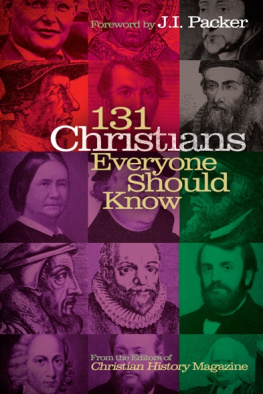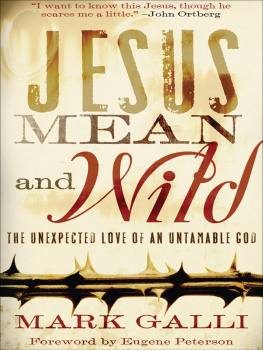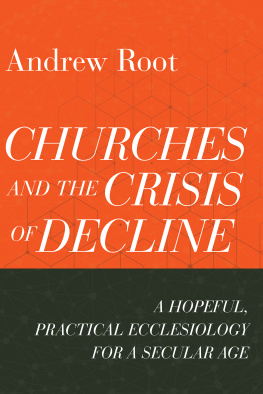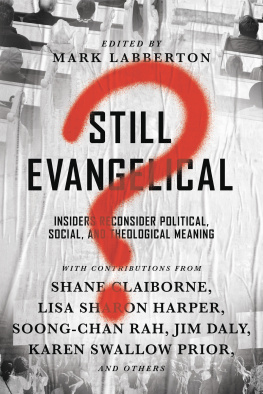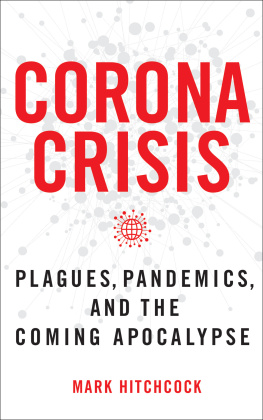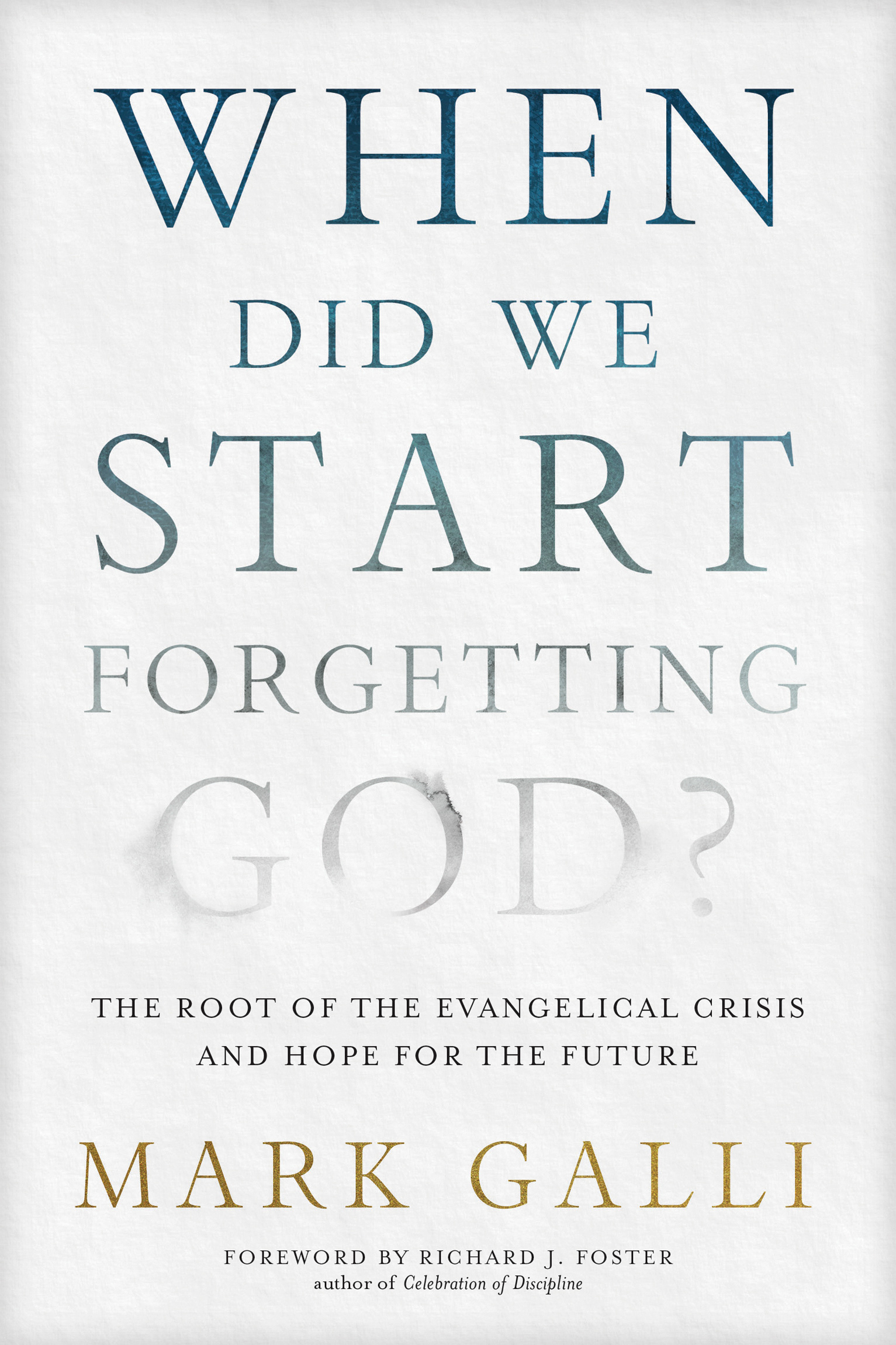Praise for When Did We Start Forgetting God?
Mark Galli thinks we have an evangelical crisis. So wed be wise to listen. He shows how in the long-standing tension between doing and being, we have too many Marthas and not enough Marys. But we couldnt cure this crisis with a thousand sermons on how to have a better marriage or job or a bigger bank account. Instead, Mark shares ancient and biblical wisdom that can help us remember where we left God and how to find him again.
COLLIN HANSEN
Editorial director for The Gospel Coalition, coauthor of A God-Sized Vision: Revival Stories That Stretch and Stir, and editor of Our Secular Age: Ten Years of Reading and Applying Charles Taylor
Mark Galli gets it! As a Christian committed to both vertical and horizontal planes of the Christian messagerighteousness and justice, embracing the grace of God and expressing the love of GodMark offers an excellent rubric for those of us committed to changing the world in the name of Jesus. This book reminds us of a sacred balance that must be maintained where our prophetic activism never trumps our vertical pursuit of righteousness. We must love Jesus more than we love doing justice in his name. Thank you, Mark!
SAMUEL RODRIGUEZ
Lead pastor of New Season Church, president of the National Hispanic Christian Leadership Conference, author of You Are Next!, and executive producer of the movie Breakthrough
For those of us who have been at all shaped by American evangelicalism (or even ex-evangelicalism), When Did We Start Forgetting God? will challenge our assumptions and oversimplistic thinking about what the church is and what it is for. Galli calls the church to faithfulness and catholicity in practical and profound ways. Drawing upon the wisdom of the historic church, he casts a vision for the place of preaching, prayer, worship, the sacraments, and the community in the renewal of the church in the twenty-first century. This book is helpful, rich, and vital for any who care about and want to serve the church in America.
TISH HARRISON WARREN
Priest in the Anglican Church in North America; writer-in-residence at Church of the Ascension, Pittsburgh, PA; and author of Liturgy of the Ordinary
Visit Tyndale online at www.tyndale.com.
Visit Tyndale Momentum online at www.tyndalemomentum.com.
TYNDALE, Tyndales quill logo, Tyndale Momentum, and the Tyndale Momentum logo are registered trademarks of Tyndale House Publishers. Tyndale Momentum is the nonfiction imprint of Tyndale House Publishers, Carol Stream, Illinois.
When Did We Start Forgetting God?: The Root of the Evangelical Crisis and Hope for the Future
Copyright 2020 by Mark Galli. All rights reserved.
Cover photographs are from Shutterstock and are the property of their respective copyright holders, and all rights are reserved. Grunge background Midiwaves; abstract watercolor Vesnin_Sergey; gray stain white snow; gold texture Allexxandar.
Cover design by David Carlson/Studio Gearbox
Interior designed by Julie Chen
Edited by Jonathan Schindler
Unless otherwise indicated, all Scripture quotations are taken from the Holy Bible, New Living Translation, copyright 1996, 2004, 2015 by Tyndale House Foundation. Used by permission of Tyndale House Publishers, Carol Stream, Illinois 60188. All rights reserved.
Scripture quotations marked NRSV are taken from the New Revised Standard Version Bible, copyright 1989, Division of Christian Education of the National Council of the Churches of Christ in the United States of America. Used by permission. All rights reserved.
For information about special discounts for bulk purchases, please contact Tyndale House Publishers at , or call 1-800-323-9400.
Library of Congress Cataloging-in-Publication Data
Names: Galli, Mark, author.
Title: When did we start forgetting God? : the root of the evangelical crisis and hope for our future / Mark Galli.
Description: Carol Stream, Illinois : Tyndale House Publishers, 2020. | Includes bibliographical references.
Identifiers: LCCN 2019042772 (print) | LCCN 2019042773 (ebook) | ISBN 9781414373614 (trade paperback) | ISBN 9781414384436 (kindle edition) | ISBN 9781496419057 (epub) | ISBN 9781496419040 (epub)
Subjects: LCSH: Evangelistic work. | Evangelicalism. | Christian life. | SpiritualityChristianity.
Classification: LCC BV3770 .G35 2020 (print) | LCC BV3770 (ebook) | DDC 277.3/083dc23
LC record available at https://lccn.loc.gov/2019042772
LC ebook record available at https://lccn.loc.gov/2019042773
Build: 2021-04-21 22:38:24 EPUB 3.0
FOREWORD
I AM GLAD FOR THIS BOOK, When Did We Start Forgetting God? It pointedly addresses critical issues throughout the entire Christian community and especially for evangelicals in North America. As editor in chief of the evangelical flagship magazine Christianity Today, Mark Galli has been in a strategic position to view the multiple strands of evangelical faith around the world and most specifically in North America. My guess is that he is on a first-name basis with all the major players in American evangelicalism. Hence, when he speaks, we do well to listen.
Galli speaks to us not as some outside critic but as one on the inside who loves the church and loves the evangelical movement in all its manifold expressions. Galli believes that American evangelicalism is in deep crisis, and he is concerned to speak to what he considers the most critical issues at hand. He takes contemporary evangelicalism to task on multiple fronts.
As I read his passionate analysis, several phrases kept bubbling to the surface of my mindphrases that I hope will help us draw near to the heartbeat of this book.
One phrase that immediately came to my mind was biblically rooted. In saying this, I am not suggesting that Galli is a Biblicist who scours the Bible for verses to proof-text every jot and tittle of his observations. To be sure, Scripture passages abound, but they serve the purpose of allowing the biblical worldview to inform his experiences and teachings. Galli is, I believe, seeking to follow the biblical path wherever it leads.
Another phrase that kept surfacing was bold critique. The word bold is carefully chosen here. Galli does not spare cherished organizations in the evangelical movement. For example, he provides a biting critique of both social justice advocates and those who uncritically embrace a chief executive with blatantly immoral behavior and speech. I think it best for me to leave the specific names and groups for you to discover in the text itself. But there is far more than critique here. Galli provides us with a thoughtful historical perspective from the great evangelical awakenings in North America from the 1730s onward. Especially helpful is his careful discussion of the 1801 Cane Ridge Communion Revivals in Kentucky. For Galli, these provide us with something of a paradigm for his hoped-for corrective.
A third phrase that repeatedly came to my mind was evangelical fidelity. Galli seeks to restore evangelicalism to a robust faithfulness in both devotion and practice. I am glad he has not given up on the word evangelical. It is, after all, a deeply biblical word, and it has a glowing history at critical junctures in the Christian story throughout the ages. To be sure, contemporary expressions are more clouded, but the jury is still out on the future direction for evangelical faith. So I applaud Gallis efforts to call evangelicalism to a purer, more faithful future.


